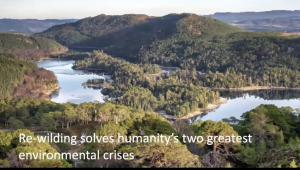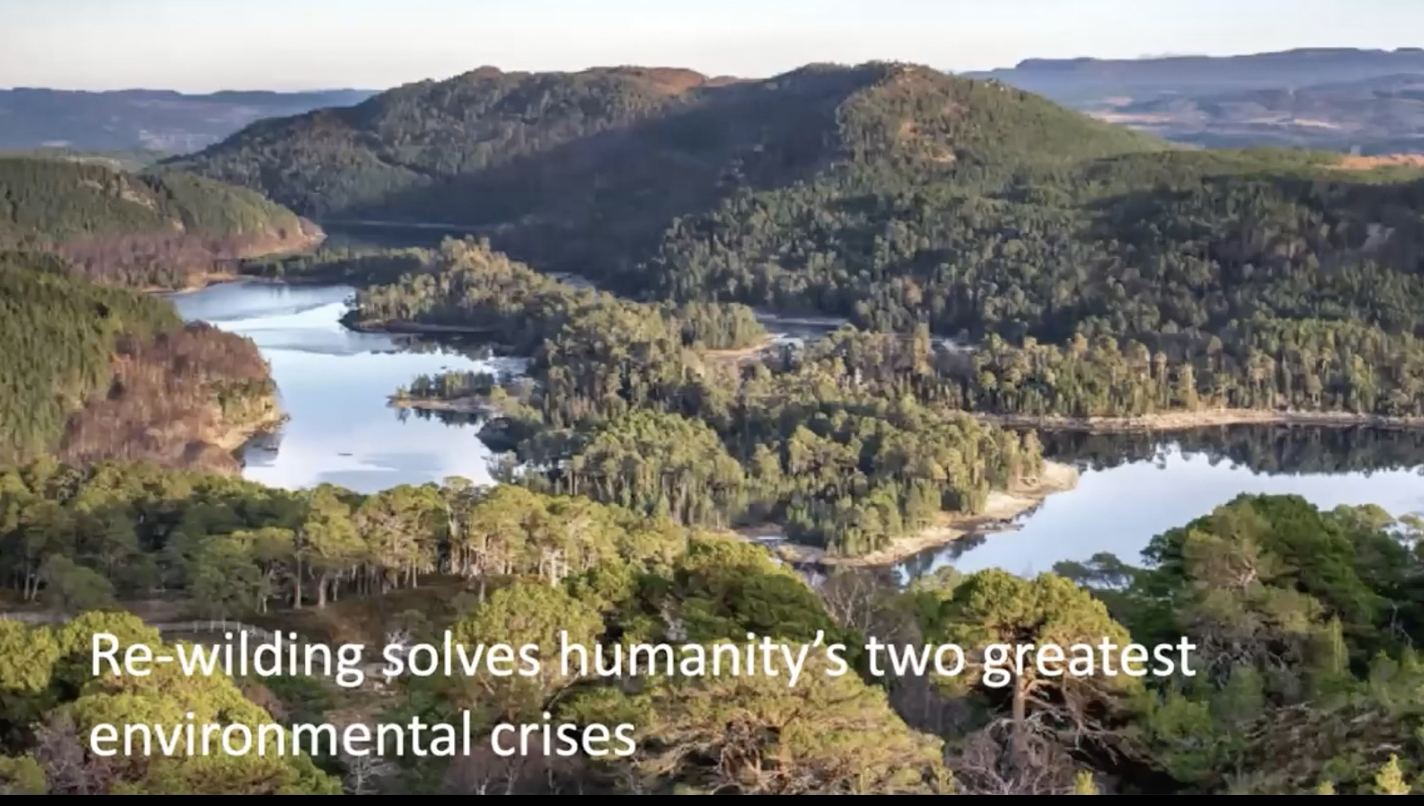
The video presents the case that rewilding grazing lands and ending deforestation can be done on a scale to reverse global warming.
ESRAG’s new three-part video on sustainable food systems
By Doug White, ESRAG Interim Task Force Coordinator
I wanted to make you all aware that the ESRAG Plant Rich Diet Task Force has produced a new video, Eating For Tomorrow: Restore the Environment and Feed the World, by Australian climate scientist Gerald Wedderborn-Bisshop, former Principal Scientist for the state of Queensland.
Gerard explains, in layman’s terms, why it is critically important to significantly reduce emissions from the agriculture / food systems sectors, especially emissions from industrial-scale animal agriculture, to maintain global temperatures below 2 degrees C by 2100.
The UN IPCC-AR6 Report (September 2022) states that unless greenhouse gas (GHG) emissions are brought in line with a 43% reduction by 2030 and a 60% reduction by 2035, limiting temperatures to 1.5 degree Celsius, will probably”not be possible after 2035.
Scientific studies such as Clark et al 2020 have shown that even if fossil fuel GHG emissions are brought to ZERO, we cannot maintain temperatures at 1.5 degrees C and will have difficulty maintaining temperatures at 2 degrees C by 2100, without significant reductions in food systems/agricultural emissions.
The video is divided into three stand-alone sections:
- Industrialized Deforestation
- Eating for Tomorrow and
- New Research on IPCC GHG Emissions Accounting Inconsistencies
These can be shown at Rotary Club and ESRAG meetings to educate Rotarians about this important topic.
Doug White, a member of St. Thomas East Eco Rotary Club in the US Virgin Islands, is ESRAG’s Interim Task Force Coordinator. The graphic is the concluding slide from Gerald Wedderborn-Bisshop’s talk for ESRAG.
